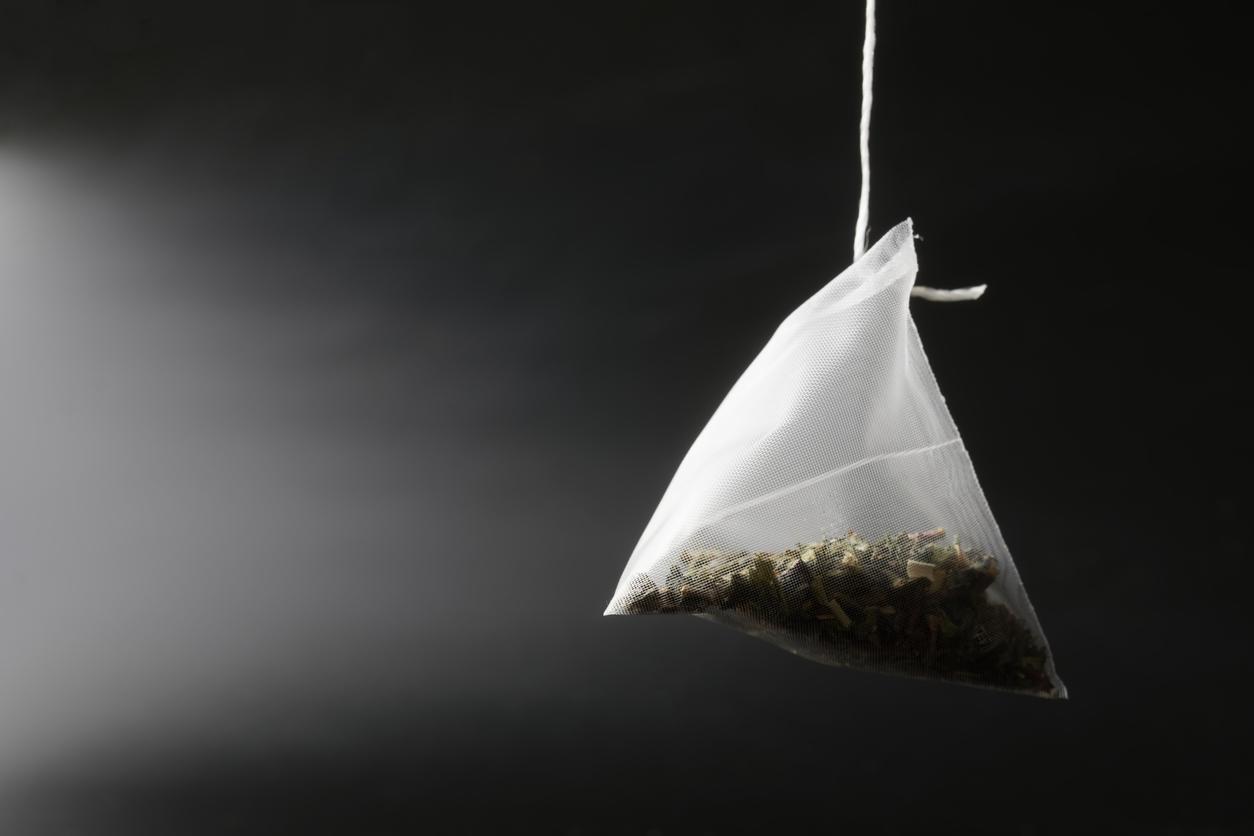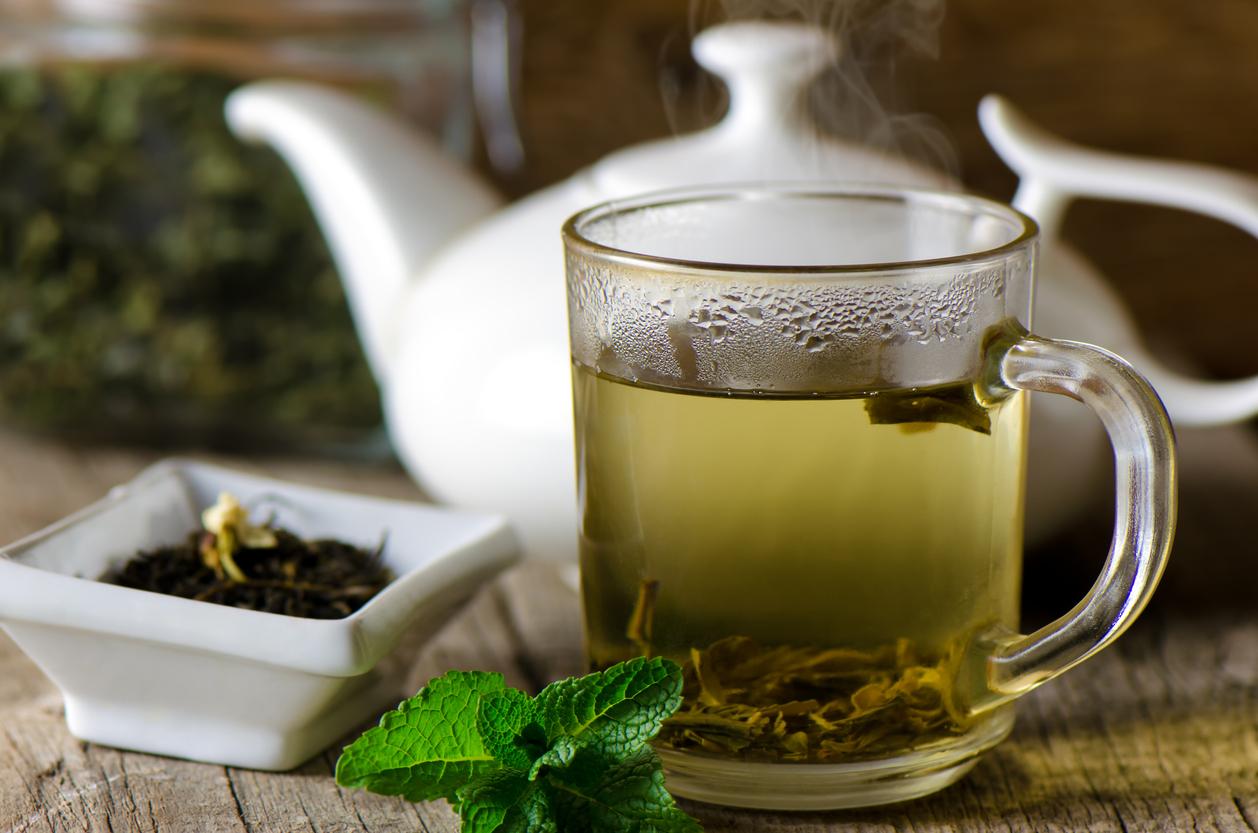We are not yet in the ritual of British “tea time”, but our consumption of this drink has almost doubled in ten years. Main reason: the enthusiasm for green tea, touted as a true panacea due to its exceptional richness in natural antioxidants (flavonoids). Studies have shown that its regular consumption can slow cognitive decline and reduce cardiovascular disease (up to 5 cups a day of green tea for women for maximum benefits, according to a Japanese study).
the black tea has almost equivalent properties, since it comes from the same plant. The only difference: its leaves are fermented, while those of green tea are only dried at high temperature, which gives them a slightly higher concentration of polyphenols. The main antioxidants in tea, catechins, lower bad cholesterol and lower blood sugar levels. One of these catechins, EGCG, also burns our fat reserves, including the most dangerous for the heart, located especially around the waist.
If we prefer the Coffee, is our case hopeless? Not at all, because theine and caffeine are the same molecule which simply has a different name depending on whether it comes from tea or coffee. Coffee (even decaffeinated) is also rich in phenolic acids. The Nutrinet study, launched in May 2009, shows that it is even the very first source of polyphenols for the French, ahead of tea, chocolate and red wine. The E3N/Epic study confirmed that, from 3 cups a day, coffee reduces the risk of diabetes 2. While a study by the American National Institute of Health (“The New England Journal of Medicine” , May 2012), adds that at the same dose, it reduces the risk of dying from cardiovascular disease.
















